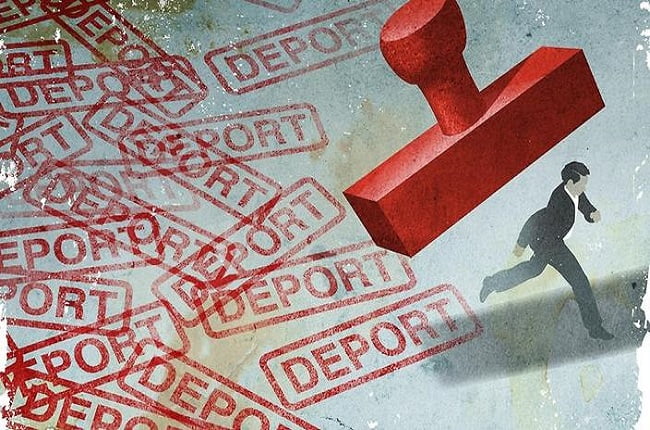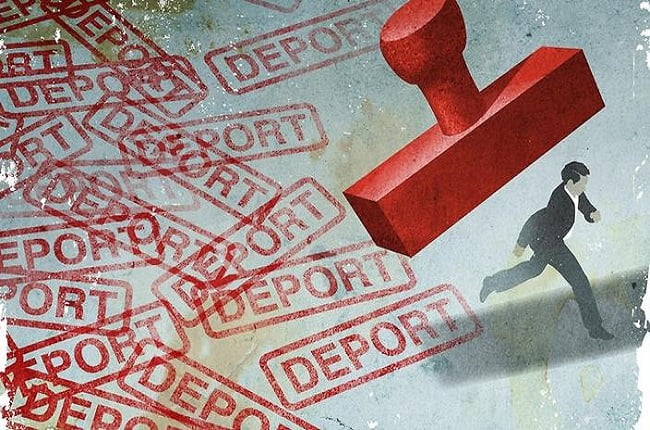Falling prey to a scam can be a frustrating and financially detrimental experience, and it’s essential to know the proper steps to take if you become a victim of a scam while traveling in Turkey. It’s also important to be aware of common scam types in Turkey and how to avoid them. If you are a victim of a scam in Turkey, the initial step is to reach out to the local police and report the incident. The police will take a report of the scam and may investigate the situation to attempt to locate the responsible parties.
It’s crucial to provide as much information as possible about the scam and the people involved, such as their names and physical descriptions, as well as any evidence you may have. It’s also important to contact your embassy or consulate, they can provide advice and assistance, and can also help to contact the local authorities on your behalf. They might also help you with a translator, a lawyer, or even with financial aid if necessary. If you have fallen victim to a scam that involves the loss of money, it’s important to contact your bank or credit card company as soon as possible to report unauthorized transactions and have the cards blocked or canceled. This will prevent any further unauthorized use of your cards. You should also inform your travel insurance provider if the scam has caused financial loss and if you have taken all the necessary steps. Now, let’s discuss some common scam types that foreigners may encounter in Turkey: The “Helpful stranger” scam: This scam involves a seemingly friendly person who offers to help a foreign tourist with directions, money exchange, or other assistance.
The person then takes advantage of the tourist by overcharging them or stealing their money or personal possessions. To avoid this scam, it’s important to be cautious of strangers offering assistance, and to use official currency exchange offices or ATMs instead of exchanging money with individuals on the street. The “Free Tour” scam: This scam involves an individual or group who offers a free tour of a city or attraction, but then pressures tourists to purchase overpriced goods or services or to give a large tip. To avoid this scam, it’s important to be wary of free tours, and to research and book tours in advance through reputable tour operators. The “Fake Police” scam: This scam involves individuals posing as police officers who ask for money or personal documents, claiming that the foreign tourist has done something wrong. To avoid this scam, it’s important to be aware that real police officers will not ask for money or personal documents, and if you are unsure whether someone is a real police officer, you can ask to see their identification or badge.
Additionally, if you are stopped by the police, you have the right to call your consulate or embassy for assistance. The “Overpriced taxi” scam: This scam involves taxi drivers who overcharge tourists by taking them on a longer route or by using a tampered meter. To avoid this scam, it’s important to research approximate taxi fare rates ahead of time, and to agree on the fare before getting in the taxi. It’s also a good idea to take a picture of the taxi’s license plate and if possible use official taxi companies or apps which are more reliable. The “Fake shopkeepers” scam: This scam involves shopkeepers who sell counterfeit or overpriced goods to tourists, or who switch a valuable item with a cheaper one while making the transaction. To avoid this scam, it’s important to research prices and quality of goods ahead of time and to be aware of common scams when shopping in Turkey, also be careful and don’t rush into buying items.
In conclusion, falling prey to a scam can be a frustrating and financially detrimental experience, and it’s essential to know the proper steps to take if you become a victim of a scam while traveling in Turkey. It is important to contact the local police, your embassy or consulate, and your bank or credit card company as soon as possible to report the scam and prevent any further unauthorized use. Additionally, being aware of common scam types in Turkey and taking precautions to avoid them can greatly reduce the risk of falling victim to a scam. It is also recommended to keep all relevant documents and evidence for insurance and legal purposes. Remember to stay vigilant and trust your instincts, if something seems too good to be true or suspicious, it probably is.






